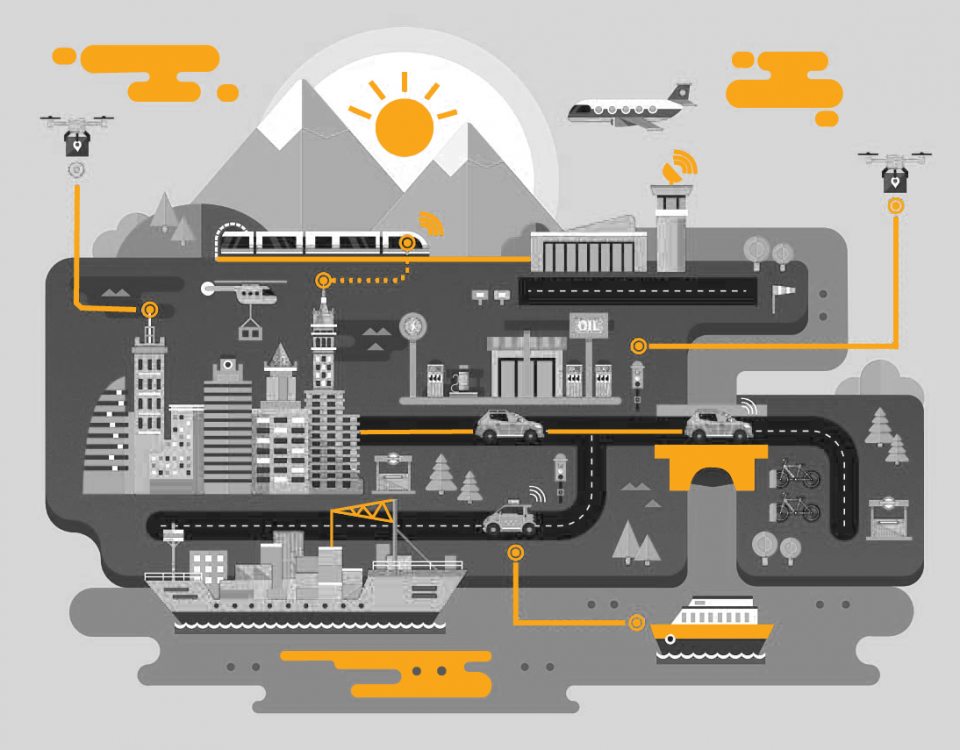
Construction of sports infrastructure of scale unparalleled in Georgia should be implemented with correct public-private partnership model
July 29, 2016
PPP in public transportation
August 22, 2016Managing environmental initiatives with PPP

It is widely argued that the public and private sectors need to collaborate more closely in order to make the infrastructure development process environmentally sustainable. Each year more and more countries embrace the PPP model in order to solve number of environmental problems. According to Mike Hower’s article on greenbiz there are 5 main ways public private partnership can affect the environmental sustainability
- Bringing solar to public housing
Recognizing that rooftop solar tends to be prohibitively expensive for low-income homeowners and tenants, Massachusetts tooks steps to make rooftop solar available to public housing through a public-private partnership with solar company SunEdison.
The program allows solar to be installed on-site or come from one of 10 projects strategically located in various parts of Massachusetts. PowerOptions, the state’s biggest energy buying consortium, chose SunEdison after a rigorous solicitation process.
The contract is available to hundreds of cities, towns, hospitals, universities and nonprofit organizations that typically can’t afford solar systems. As of December 2014, sixteen public housing authorities in the state had signed power purchase agreements with SunEdison for a total of 39.5 megawatts.
- Keeping the public space green
The 1970s were not kind to New York City’s Central Park — years of neglect and mismanagement left the major green space dilapidated and crime-ridden. In 1980, the City of New York partnered with the Central Park Conservancy, which was founded to “restore, manage, and enhance Central Park in partnership with the public, for the enjoyment of all.”
The Conservancy has since invested more than $600 million toward maintaining and improving the park, and raises about 75 percent of the park’s annual budget.
- Reimagining municipal waste
After a study revealed that the City of Phoenix’s average residential waste diversion rate was well below the national average, the city in 2013 launched an effort to encourage citizens to reduce, reuse, recycle and reconsider their consumption patterns.
The “Reimagine Phoenix” initiative focuses on fostering new public-private partnerships and cross-sector collaboration to reduce the amount of trash sent to the city’s landfills by 40 percent by 2020.
The city has assembled a wide coalition of private sector partners, including the Arizona Diamondbacks, Basha’s Supermarkets, Goodwill, PetSmart, Phoenix Suns, The Mayo Clinic and Univision
- Fighting deforestation in the developing world
With rampant global deforestation as a primary driver of global warming, the governments of the U.S., U.K., Norway and Germany in 2013 established the BioCarbon Fund, a multilateral fund supported by donor governments and managed by the World Bank.
It seeks to “promote reduced greenhouse gas emissions from the land sector, from deforestation and forest degradation in developing countries (REDD+) and from sustainable agriculture, as well as smarter land-use planning, policies and practices.”
Recognizing the important role the businesses play in fighting deforestation, the initiative is designed to maximize private sector engagement and financial leverage.
Its aim is to partner with private companies to help “forest-proof” the sourcing of commodities and redirect market forces towards more sustainable land management practices.
- Helping developing nations brace for climate impacts
Developing countries are not — given several socioeconomic factors — in the best position to sustain or mitigate climate change impacts.
That is why the United Nations Framework Convention on Climate Change (UNFCCC) founded The Green Climate Fund (GCF), which promotes low-emission and climate-resilient development by channeling billions of dollars of finance from developed to developing countries.
As of November 2014, the GCF had raised more than $9.7 billion — including a hefty $3 billion U.S. contribution pledged by President Barack Obama. The GCF will likely begin accepting private sector donations later this year.
Although no money has been distributed yet, some 27 countries have already requested aid, and GCF says it will begin distributing funds before year’s end.



